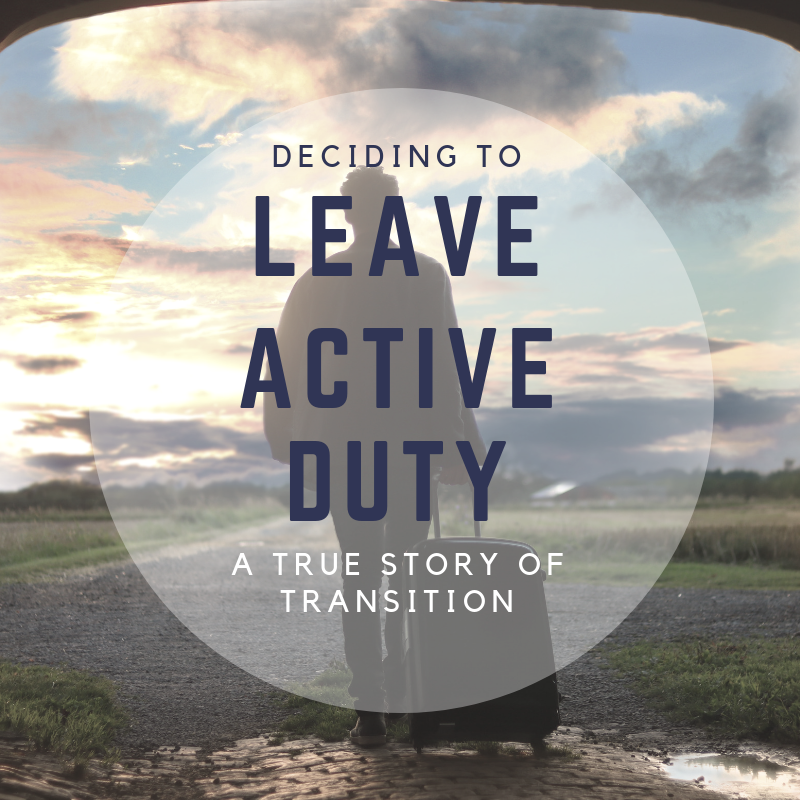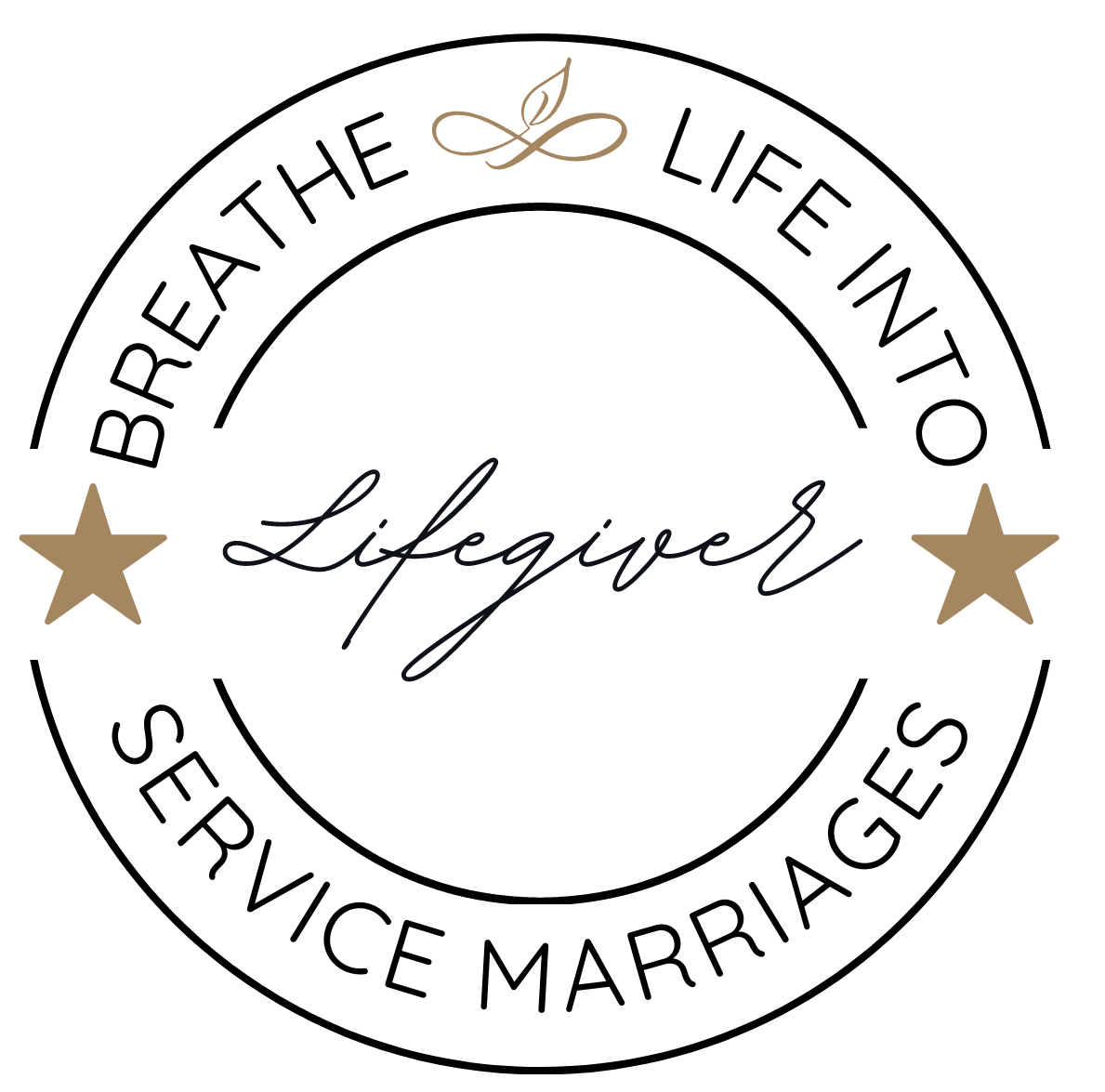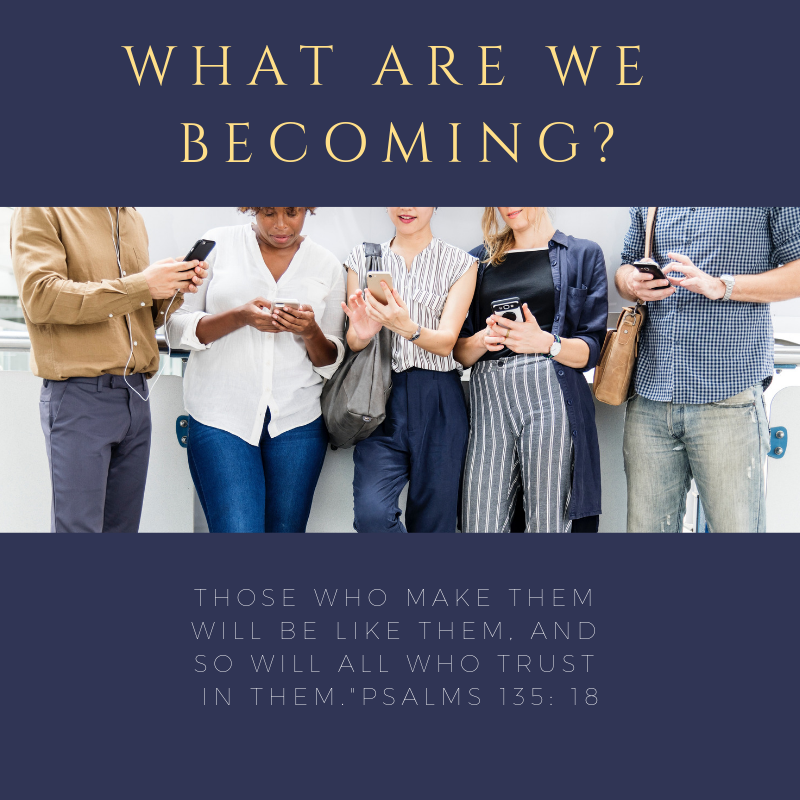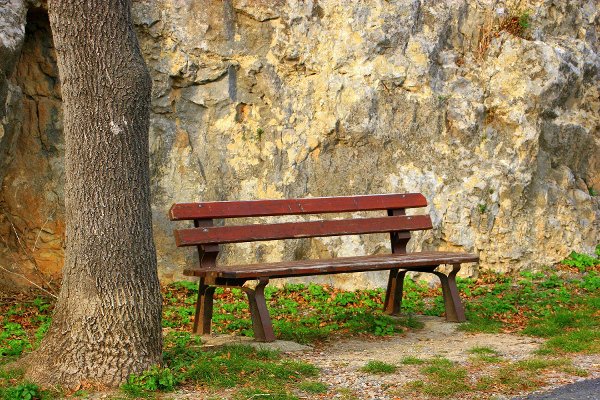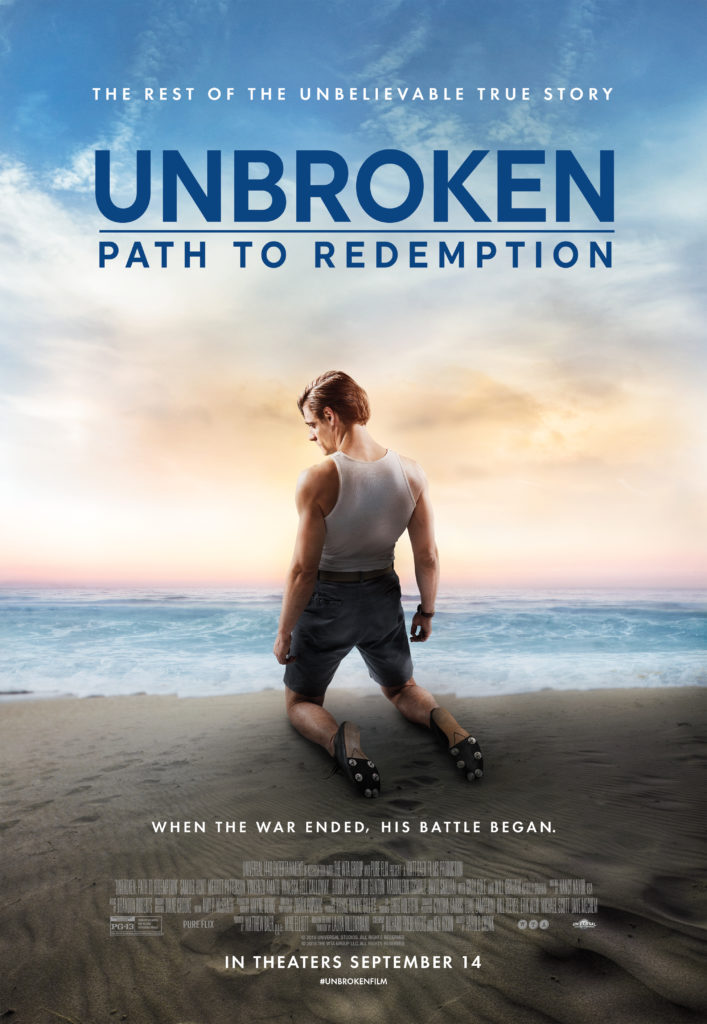
A BALM FOR THE INVISIBLE WOUNDS OF WAR
As the wife of an active duty chaplain and a licensed professional counselor, I work with military and first responder couples.
Every single day, I see men and women who struggle with what we call the “invisible wounds of war.” This is more than a battle against the memories of many harrowing experiences. It’s a battle for their soul, where they’re struggling to find peace and normalcy and to resist the temptation to harbor anger and bitterness and to isolate themselves from their community.
It’s a battle to live a life most of us take as a right. But for far too many people, their experiences on the front lines of conflict wall them off from help, hope and healing.
The term we typically hear is Post-Traumatic Stress Disorder—PTSD—but it can be so many other things. Guilt. Shame. Fear. Anger. Pent-up emotions. The “invisible wounds” come in so many forms.
And while we may not see these wounds, their effects are real: Inner turmoil. Family strife. Mental health challenges. Physical health challenges.
The effects can be deadly. The statistics are staggering.
Over 20 military veterans or active duty service members commit suicide every day. And while these groups comprise just 8.5 percent of the U.S. adult population, they are 18 percent of suicide deaths.
That’s more than 7,500 lives lost each year.
The non-fatal effects of war’s invisible wounds run deep and wide as well.
Marriages feel the strain. Relationships with friends suffer. Withdrawal and isolation looms constantly. Harmful or self-destruction behavior often results.
But just as these wounds can come from unexpected sources, help can be found in unexpected places.
I recently saw a film that not only put this in perspective for those of us who have not experienced what our service members and first responders have, it pointed a way toward hope.
The film—Unbroken: Path to Redemption—tells the amazing true story of Louis “Louie” Zamperini as he returns home from unbelievably harsh experiences in World War II. Many remember the first film—Unbroken—that told of his troubled teen years, experience as an Olympic athlete, surviving the crash of his bomber and spending 47 days in a life raft and, of course, his heroic endurance in the face of brutal treatment as a P.O.W.
But there’s an important “Part II” to Louie’s story that’s told in Unbroken: Path to Redemption. It asks the question we all want to hear answered: How does someone go to war and see the worst of humanity then come home and try to fit into a normal life?
Tormented by nightmares of his brutalization, Louie struggled with alcoholism, engaged in reckless and dangerous behavior and took his marriage to a wife who loved him deeply to the brink of divorce. Then at the famous 1949 Billy Graham tent revival in Los Angeles, Louie found faith.
What he did next was perhaps the most remarkable accomplishment in an already remarkable life.
He returned to Japan and forgave his captors.
After years of suffering, forgiveness formed the balm for his invisible wounds.
Louie’s story is about choosing life and, ultimately, about the role forgiveness plays our own personal story, no matter how challenging it has been.
Even if you’ve no connection to the military, Louie’s story will restore your faith in humanity. Despite the evil and destruction we are capable of, forgiveness and mercy are the antidote that inspires us to see the best of what we have to offer.
UNBROKEN: PATH TO REDEPMPTION is in theaters nationwide now. Find tickets at UnbrokenFilm.com.
FOR INFORMATION CONTACT:
Michael Conrad, 214-616-0320
Michael@Lovell-Fairchild.com
